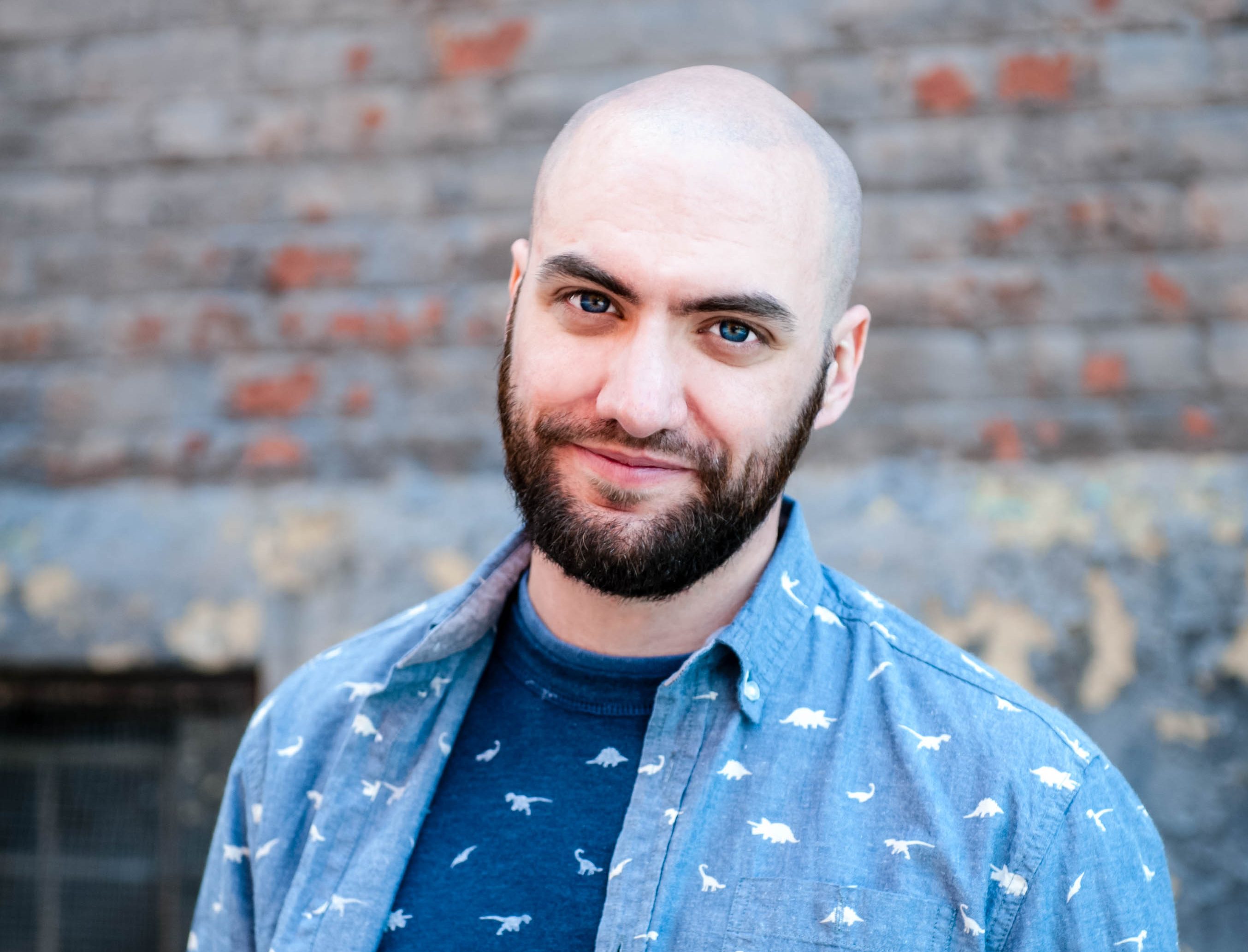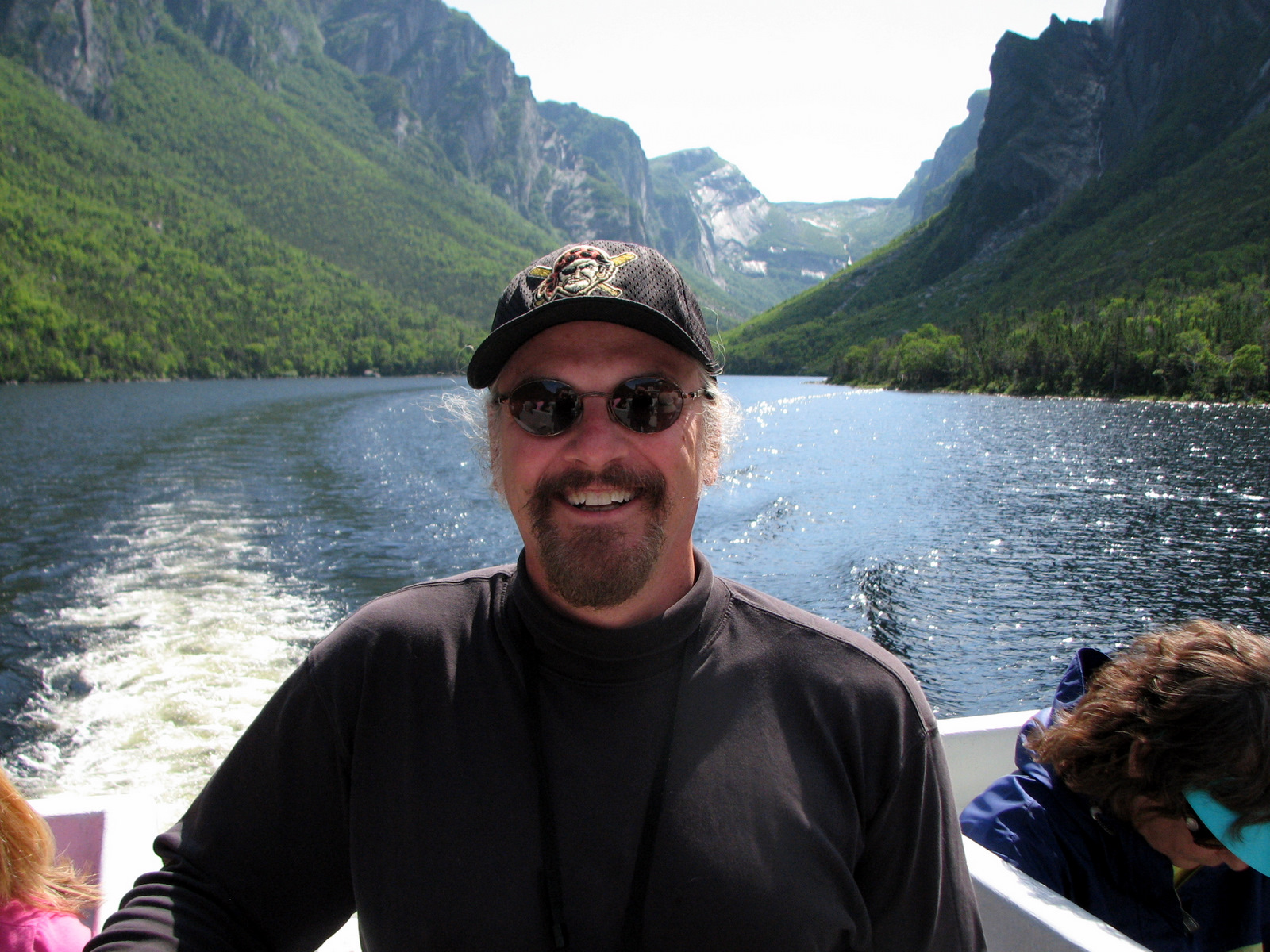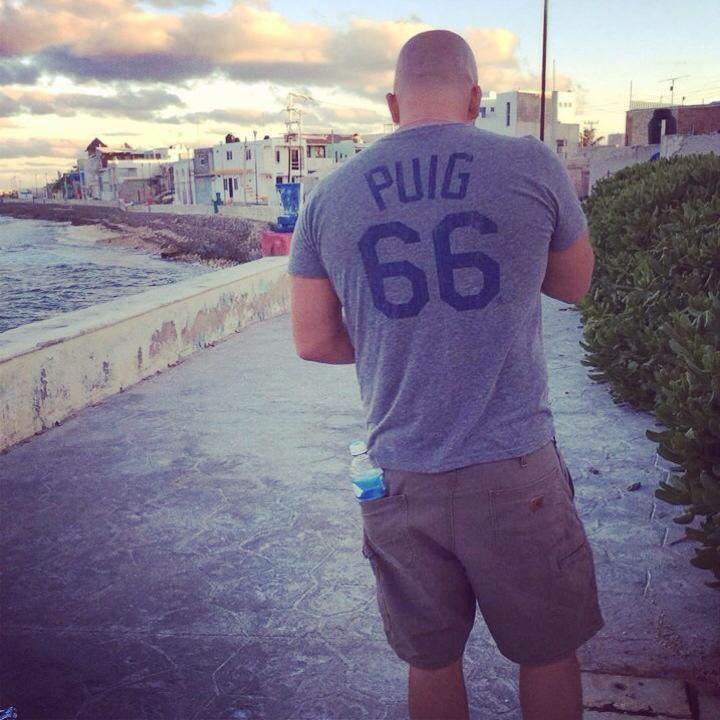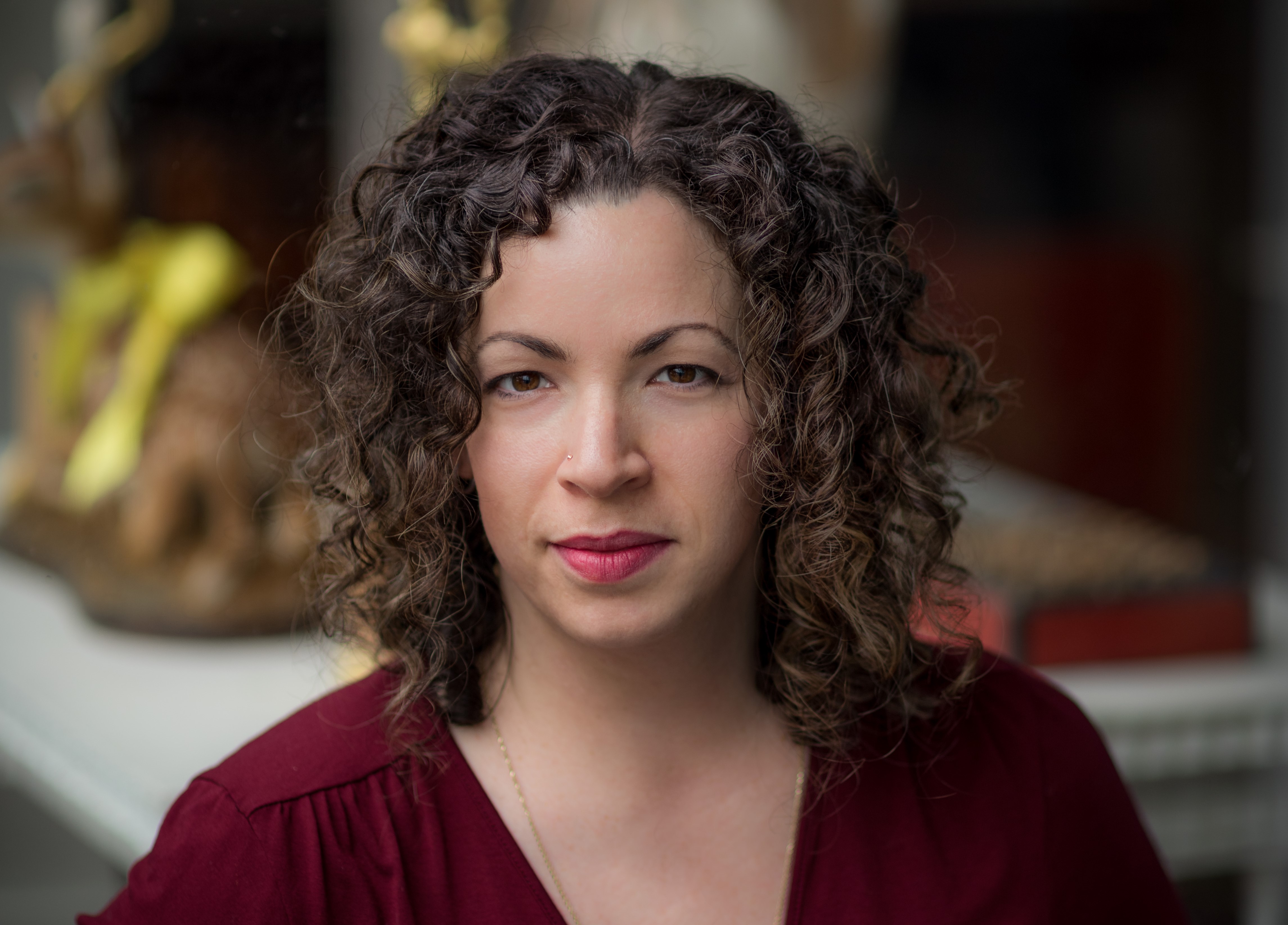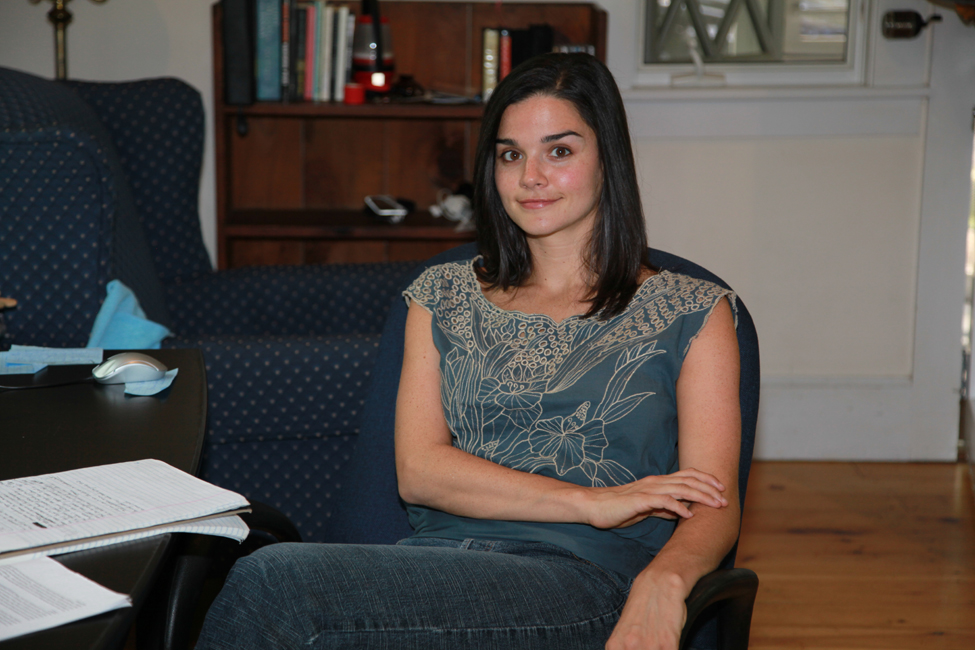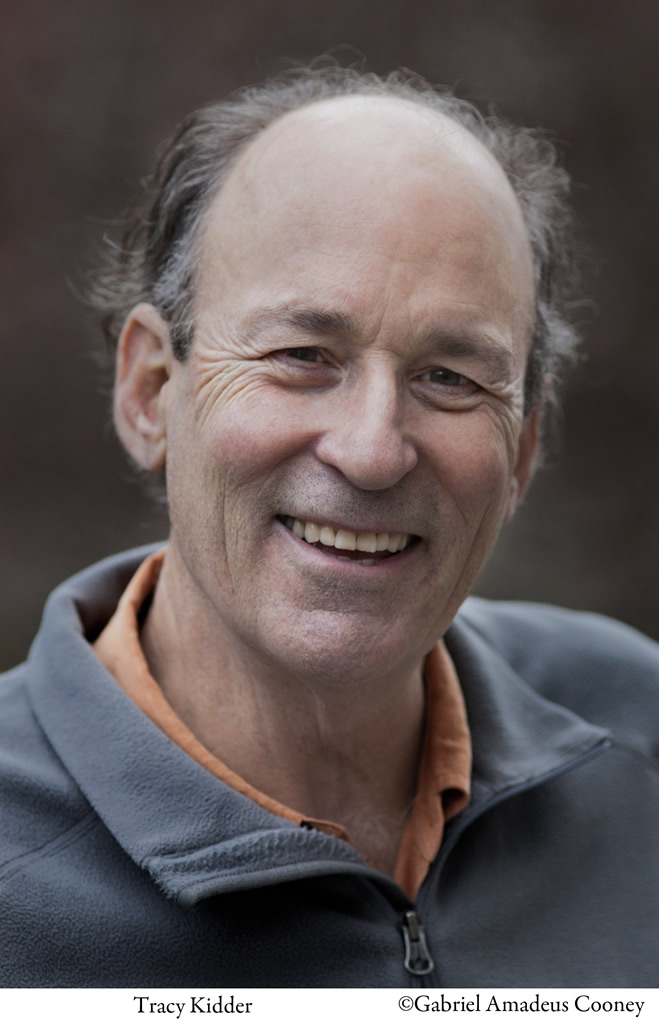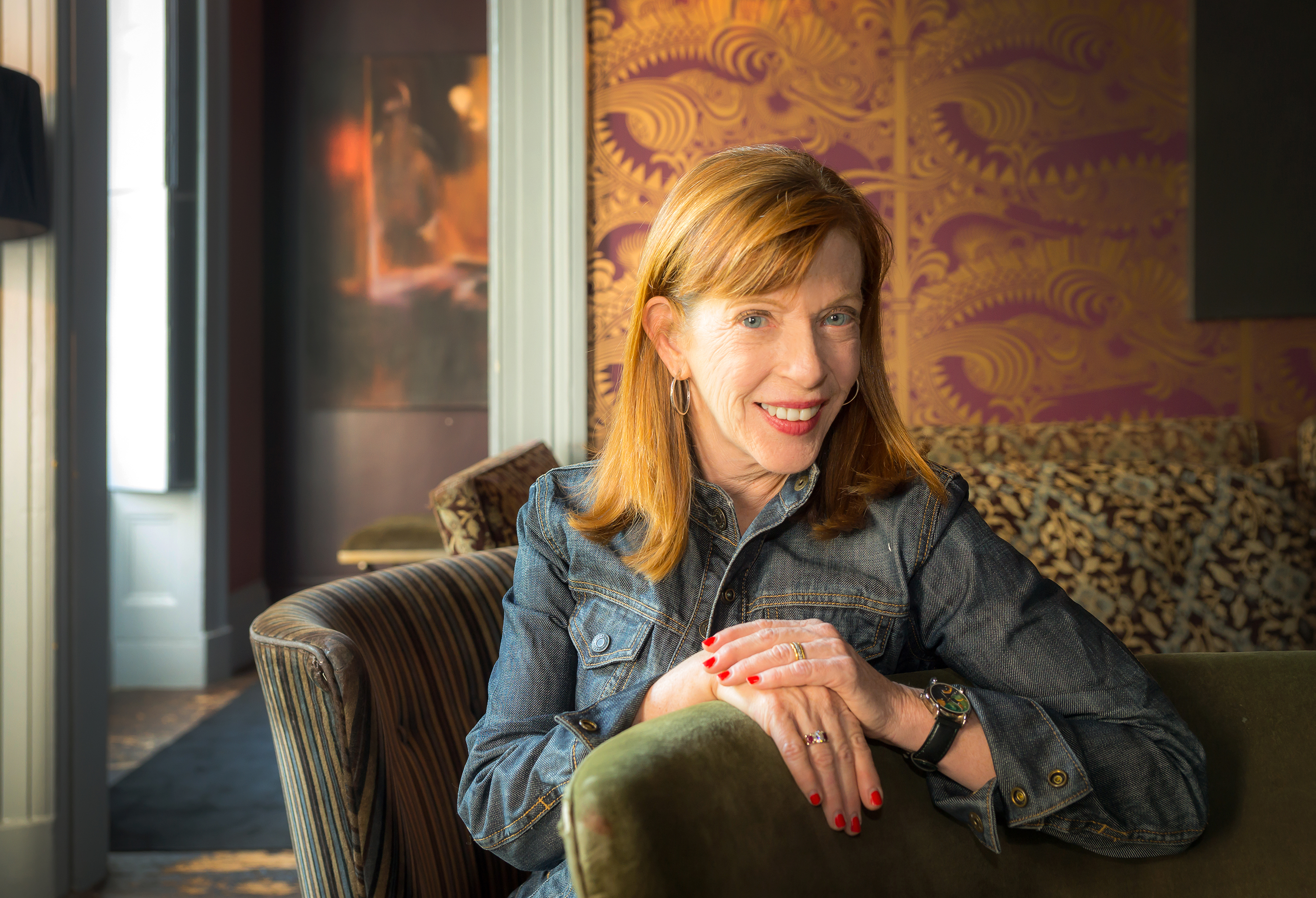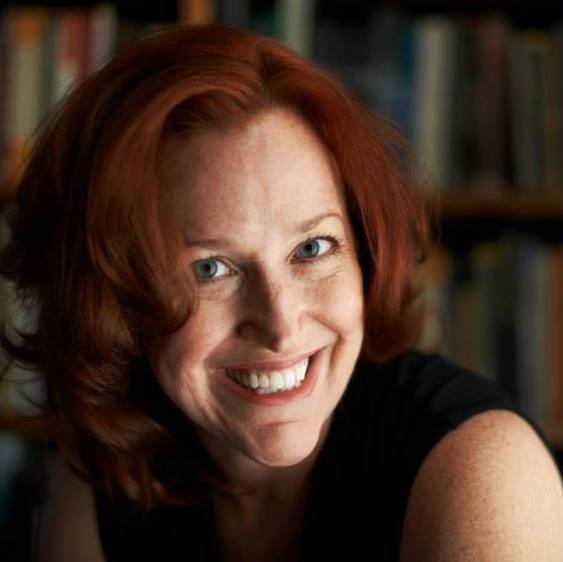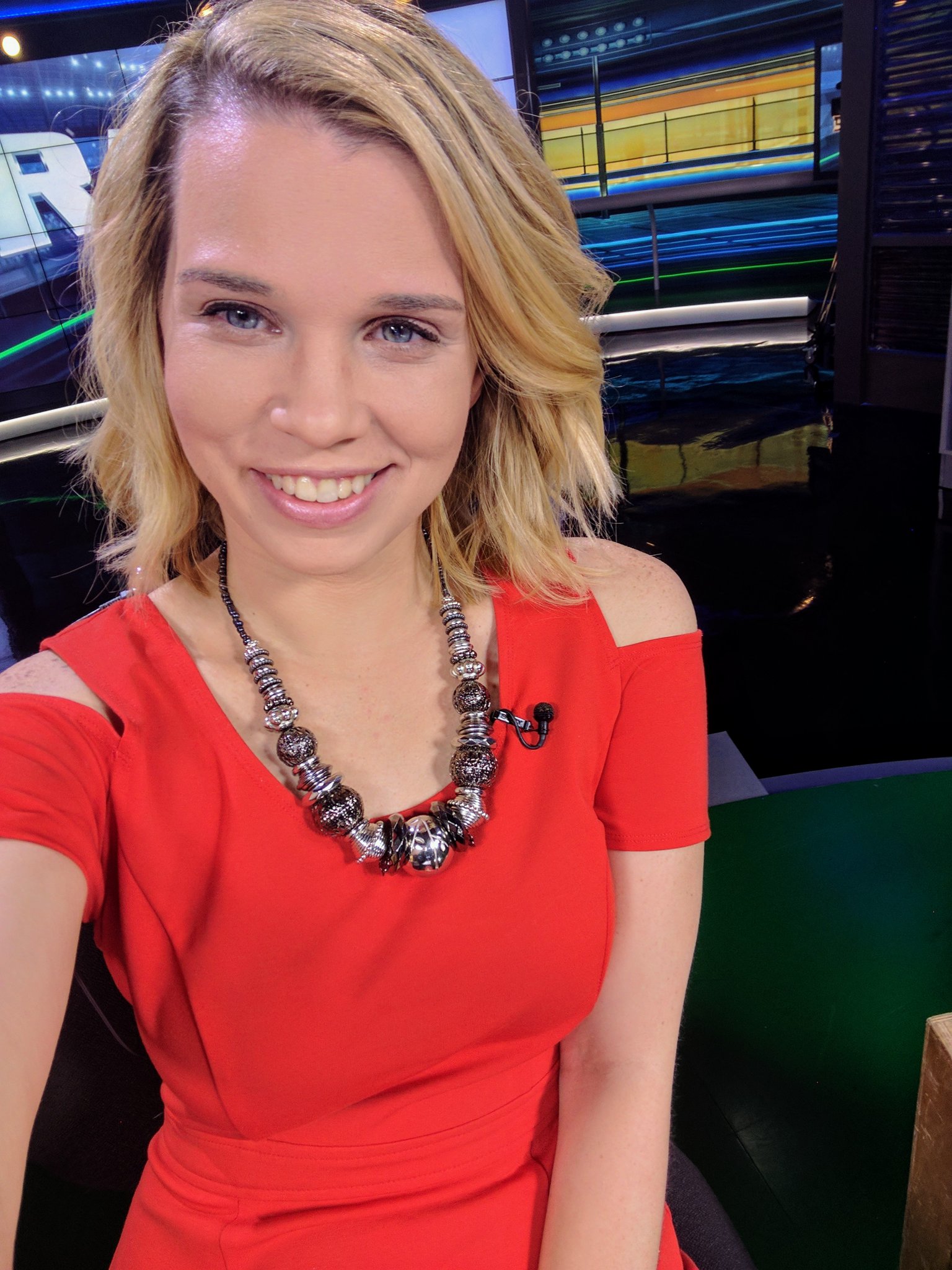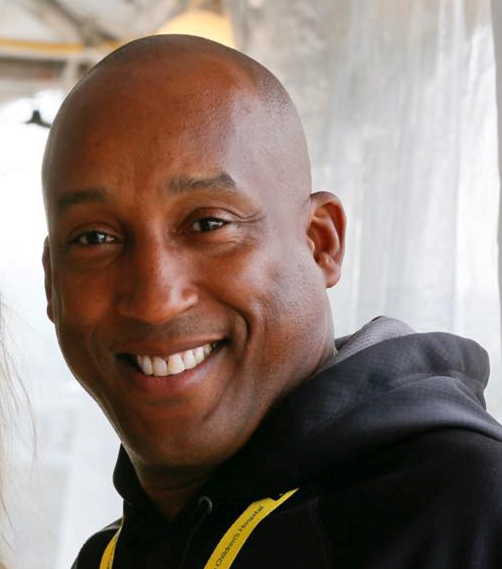
“Let them tell the story, let them find the story that maybe they didn’t even know was the story.” —David Lee Morgan (@DavidLeeMorgan)
“That’s how I overcome that self doubt. ‘Hey, do you trust yourself? Do you have enough material for people to say he is an expert or he really knows the topic of which he’s writing?’ Then if you do then you just write on.” —David Lee Morgan
If you’re anything like me, and one assumes you are because you find some value in this humble little podcast, you need constant prodding in a sense. That can either be to get your work done or to get your brain in check. I’m one of those dudes who gets pretty down pretty easily, so it helps to have guests on who inspire me.
Enter David Lee Morgan, @davidleemorgan on Twitter.
David was a long time sports writer for the Akron Beacon Journal and most recently he turned his attention to teaching high school English, a move he doesn’t regret in the slightest. For the people who say “If you can’t do teach,” one of the more insulting things you can say to any artist who teaches or teachers who don’t make art, I give you David, who not only is a brilliant writer, but by the very nature of his attitude and approach, makes him that rare teacher that inspires with every lesson.
To be frank, I haven’t been in David’s classroom, but if my 90 minutes with him is any indication of what it’s like to sit at a desk in his class, well, sign me up. I might have done better on the SAT.
Continue reading “Episode 128—David Lee Morgan on Positivity, Trust, and Telling the Story Straight”